The Church Without God
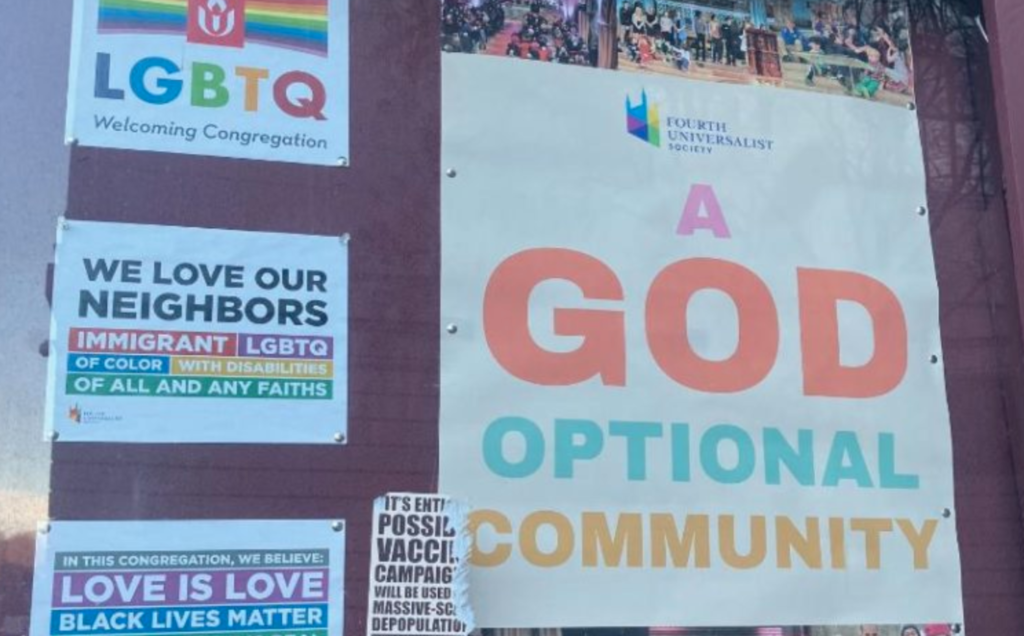
A reader on the Upper West Side of Manhattan sends in these photos of a church he took while out for a walk in his neighborhood. It's Fourth Universalist, a Unitarian Universalist congregation since 1838. It's located right on Central Park, in one of the city's wealthiest neighborhoods, three blocks away from the Dakota apartment building. I don't understand the point of this approach to religion. No God, but they still want you to come to church to fight for abortion rights, queerness, prostitution, and the rest? God? Maybe so, or maybe not -- but you get to worship sacred minorities!
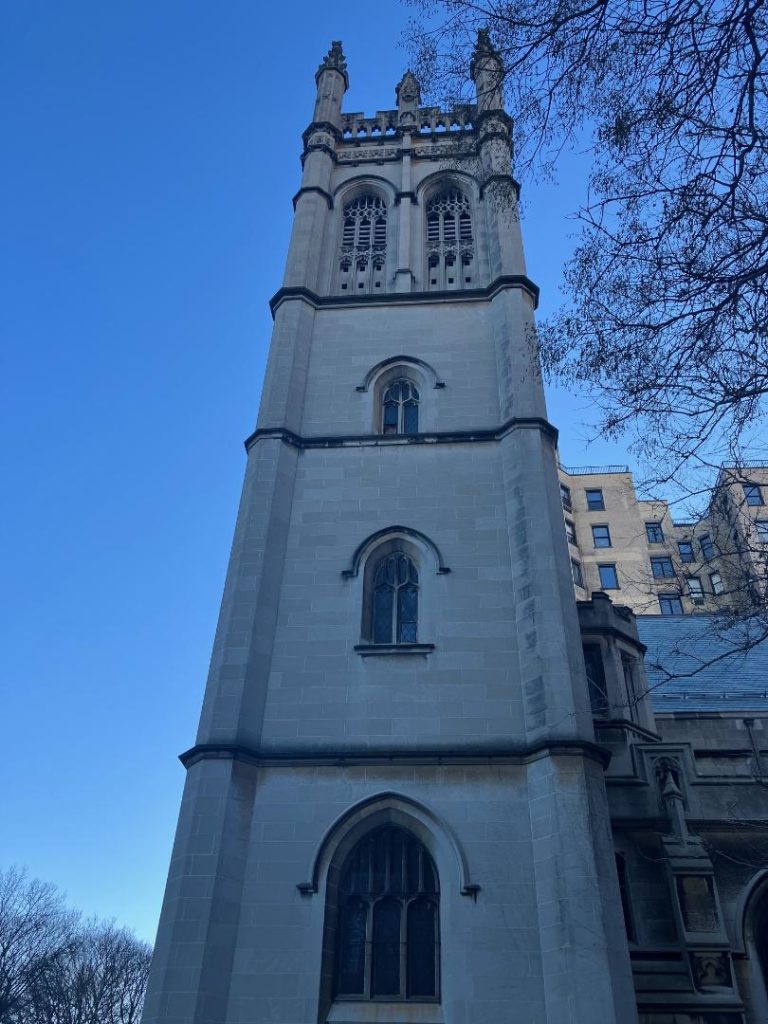
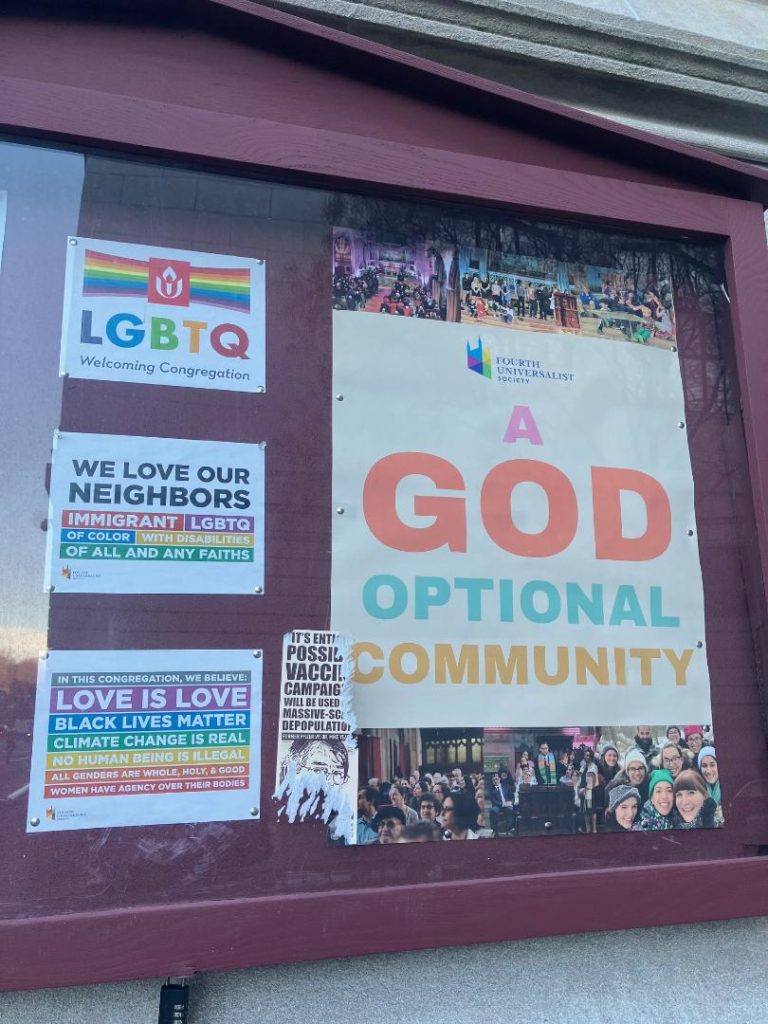
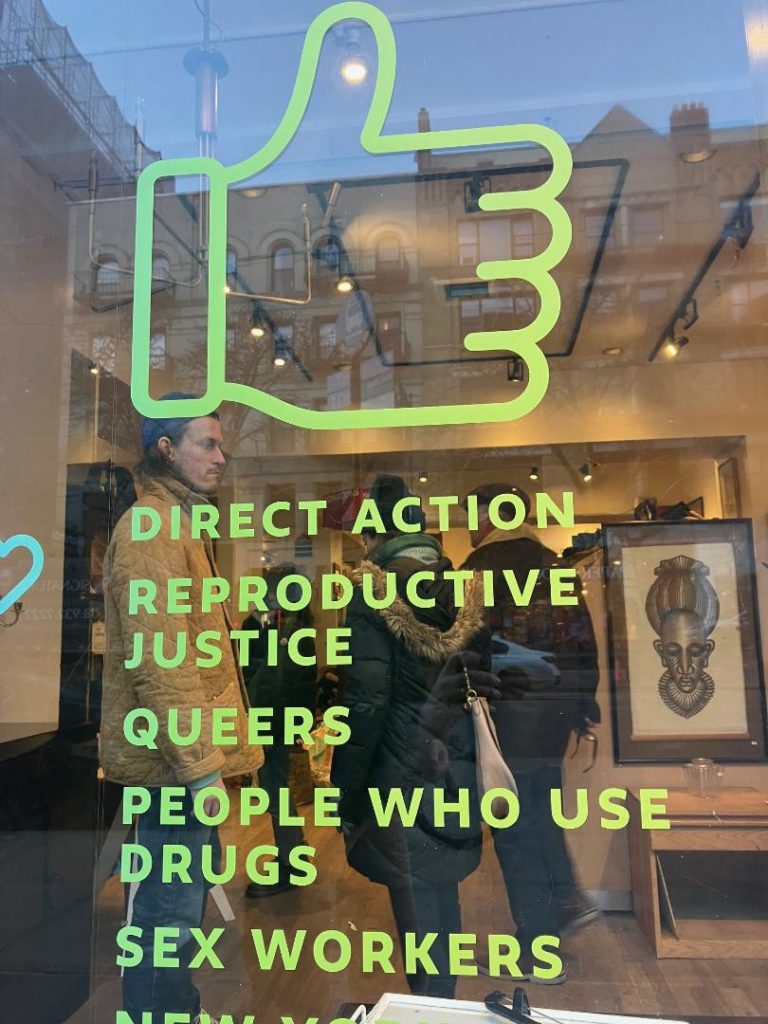
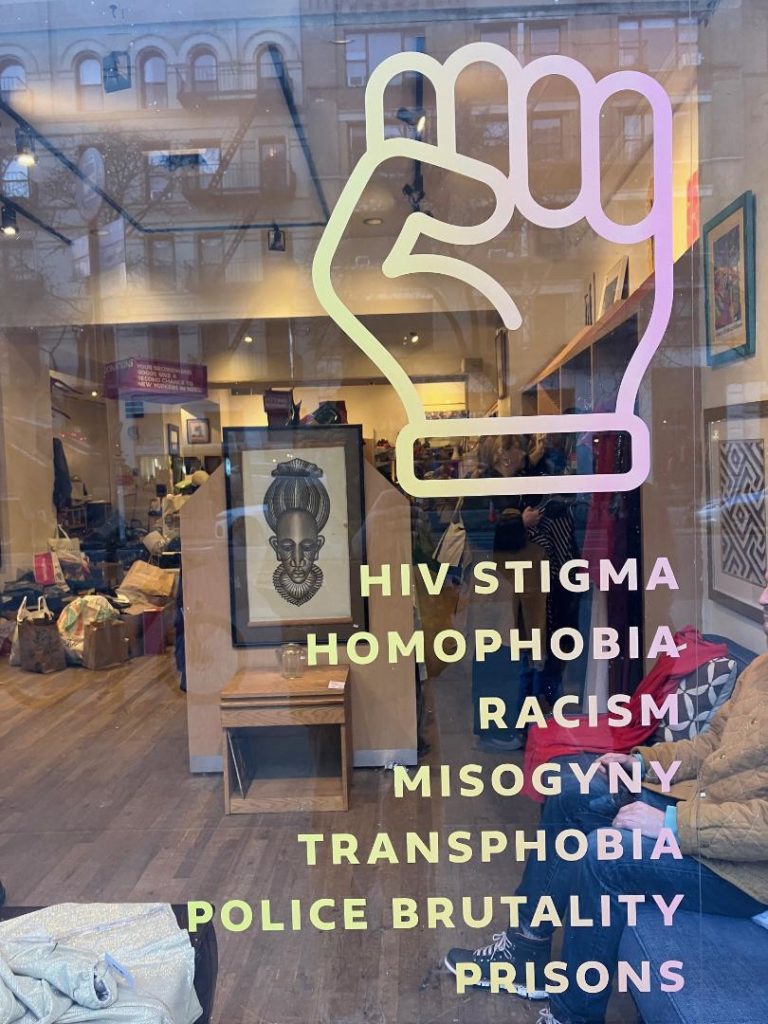
Subscribe Today
Get daily emails in your inbox
Meanwhile, for those who like their rejection of God to come with more spice:
Yet while the macabre occult rituals, virgin sacrifices, chalices of blood and belief in the actual Devil are a thing of the past, Satanism is luring increasing numbers of young people disillusioned with “outdated” and “dogmatic” traditional religions to join its fold by offering an “alternative” to “stuffy”, traditional faiths.
The Sunday Telegraph has spoken to leaders and members of Satanic groups around the world who claim that the opportunities Satanism offers people to engage in activism and campaign on issues such as gender and sexuality is part of the appeal for the younger members, particularly those who are increasingly less likely to declare themselves as Christian.
Chaplain Leopold, a 32-year-old London-based undertaker, co-runs the Global Order of Satan UK which he said has seen a 200 per cent increase in membership over the last five years.
“I’d love to be able to claim that we could pat ourselves on the back and say, yes, we’ve done our infernal work here, and we’re successfully declining the number of Christians, but I think it’s a far more complex issue than that,” he said.
He said two factors were responsible: the decreasing popularity of “traditional dogmatic religions”, and “a movement towards self-identification and self-realisation”.